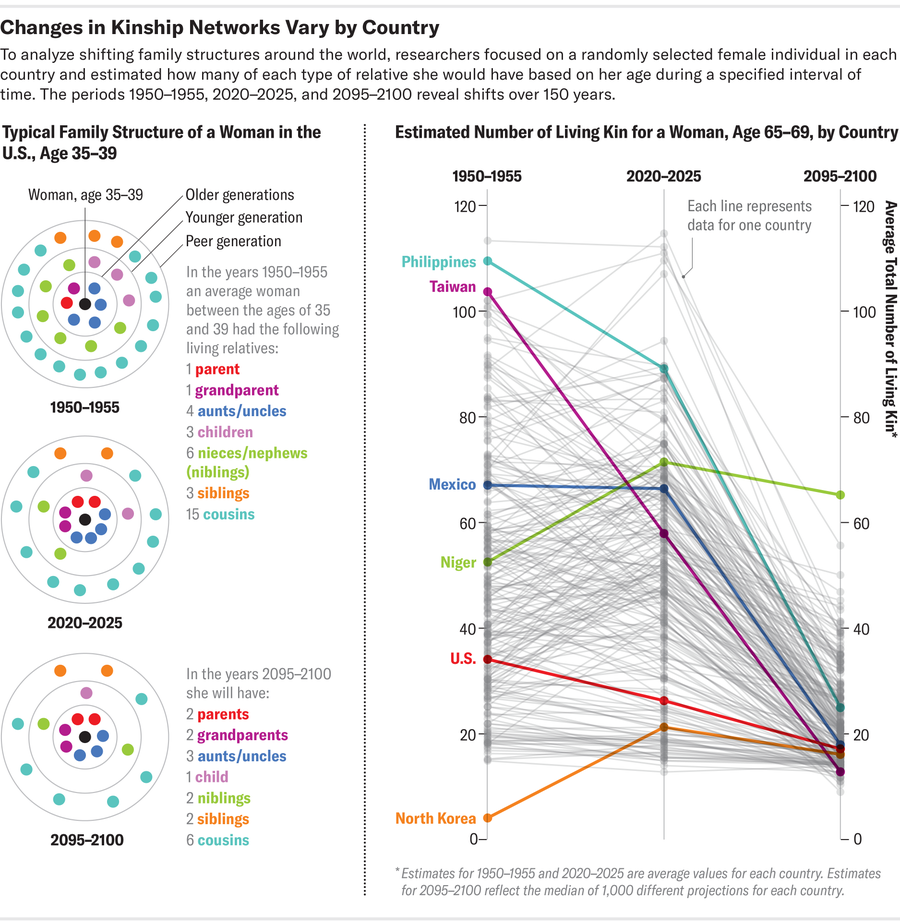ANCIENT Egypt, the Roman Empire, the Maya, China’s Qing dynasty – these civilisations all shone brightly in their time. Yet, in every case, the glory days were followed by collapse. This seems to be the inevitable trajectory of any culture. What’s more, it looks like Western civilisation is experiencing this fate right now. Signs of crisis are obvious, from rising economic inequality and political polarisation to violent conflict and ecological disasters. Many see this as a global “polycrisis” that poses a severe, possibly existential, threat to contemporary societies.
I predicted this would happen. More than two decades ago, I began applying the mathematics of complex systems to history in an attempt to uncover underlying patterns. Using this approach, I discovered that violent political instability follows two cycles, one peaking every 50 years or so, superimposed over another that does so every two or three centuries.
Applying this to the US and western Europe, I was shocked to discover that these societies were well advanced on the road to crisis. In 2010, in Nature, I forecast that crisis would escalate and peak during the 2020s. A decade later, the evidence supported that prediction.
You might have come across some of these ideas recently, following the publication of my book End Times. Perhaps unsurprisingly, reviewers used words like “collapse”, “revolution” or even “doom” to describe my work. So, it may surprise you to learn that I don’t believe collapse is inevitable. In fact, my latest research reveals something fascinating and encouraging: human societies have evolved to become…




